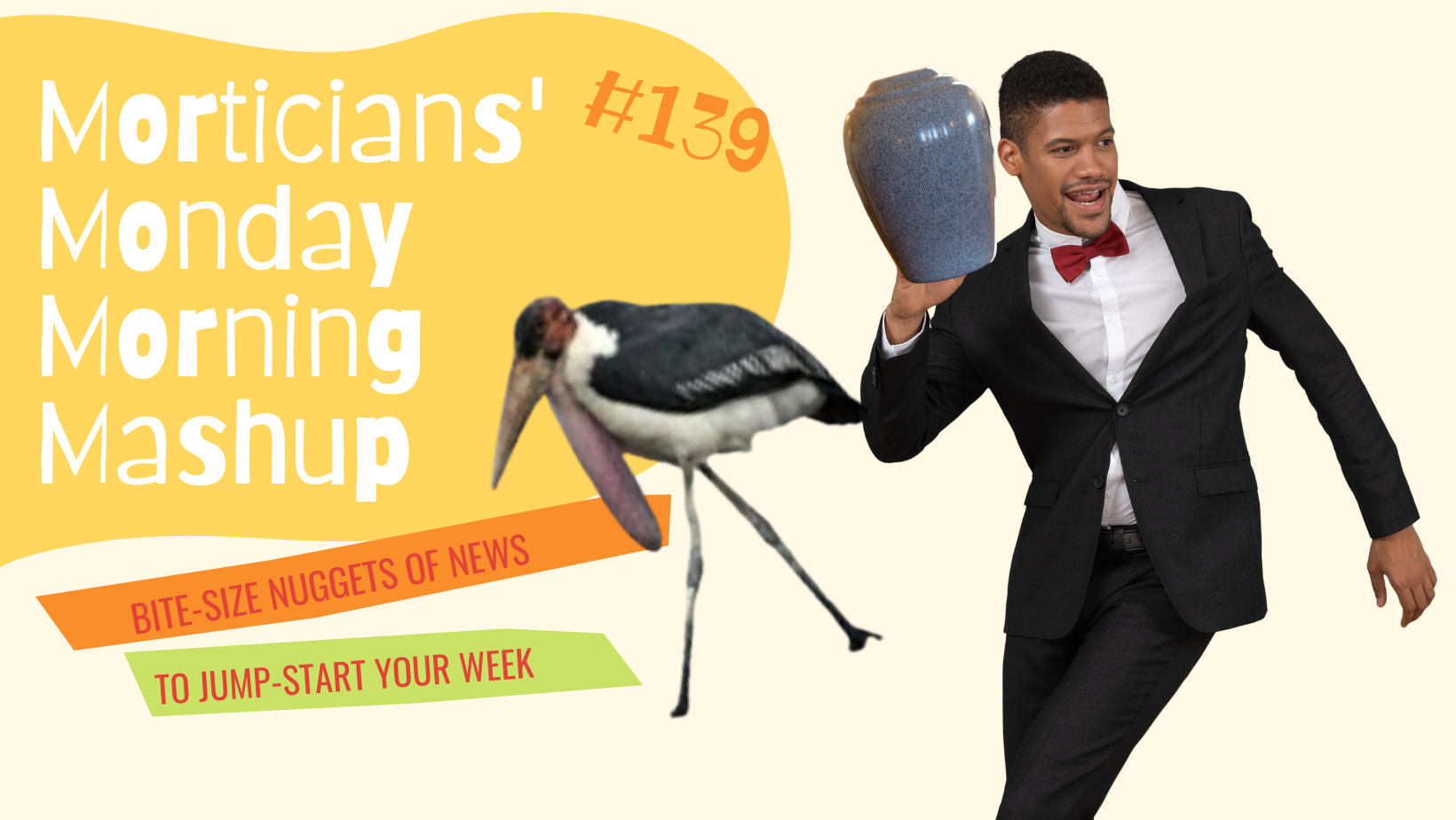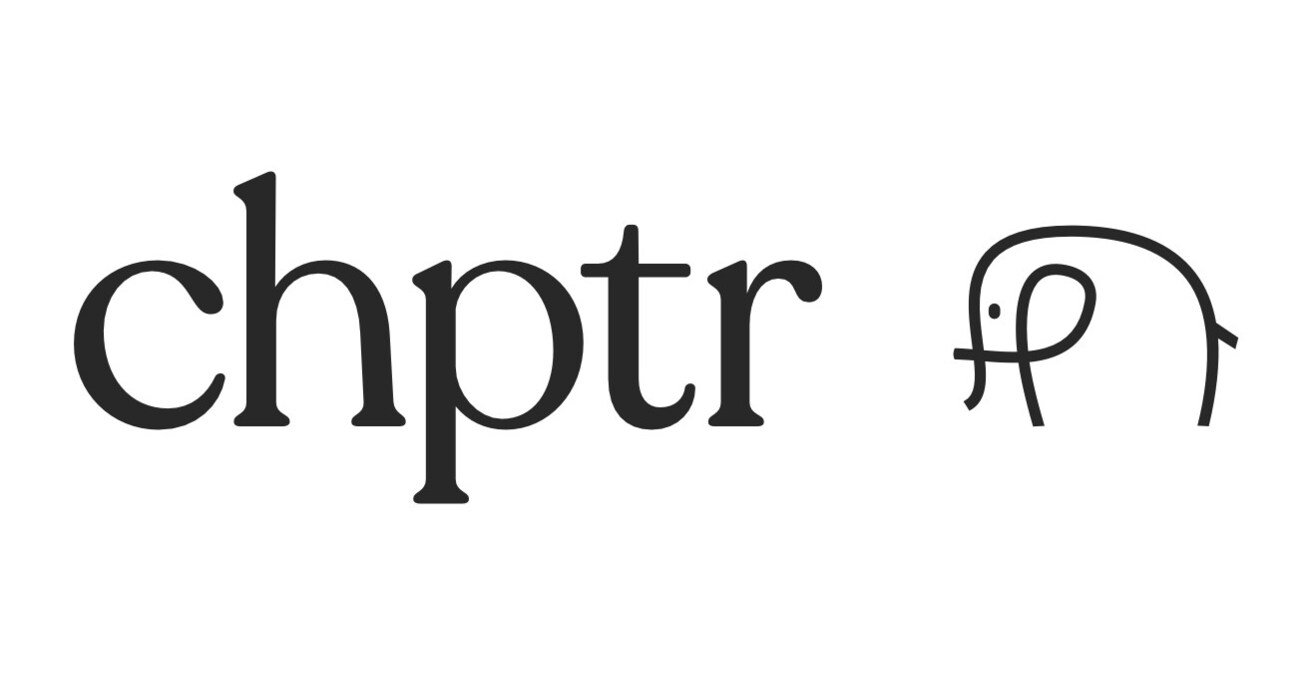Undertaker Birds & Pallbearer Polka | 4M #139
Welcome to the hundred-and-thirty-ninth edition of Morticians’ Monday Morning Mashup, 4M #139, where we’ll serve up bite-sized, easily-digestible nuggets of the deathcare news you need to crush conversations in the week ahead. Bon appetit!
VA’s hands are tied
Last week the Department of Veterans Affairs acknowledged the heavy criticism (including opinions from NFDA) it has received after announcing that families of veterans who accept free urns and plaques most likely will be barred from burial in national veterans cemeteries — but they’re not able to change the rule. VA authorities cite a 2021 update to a federal law that added “urns and commemorative plaques” to the list of items that families can’t accept from the VA unless they want to “forgo a veteran’s burial in a national cemetery.” The VA says they will “try to warn families of the potential pitfalls of accepting an urn or plaque” going forward.
Dancing directors
If you really want to put the “fun” in funerals, why not take a page from these undertakers in Peru, who dance their way to the graveside? About eight years ago, an innovative Peruvian mortician created the new “dancers of death” tradition, where directors and volunteers “show off intricate footwork with a coffin delicately balanced on their shoulders.” Coffin bearers — including college students, factory workers, and taxi drivers — rehearse for this side gig in their spare time, and can spend around 90 minutes in the procession. Want to see them in action? Here’s a quick video!
Degree drama
So … meanwhile, in China, folks are perturbed that the government has actually hired college graduates — including one with a master’s degree, if you can believe it — as cremation workers. Imagine! An educated person working in the funeral industry! Egad! Yes, for some reason, people have complained that a job where you “only needs to interact with human remains, and does not get involved in office politics and interpersonal relationships.” The root of the problem is that these government-run positions are usually held by people with “tertiary” education, and the fact that these employees are seemingly overqualified has highlighted the country’s high youth (age 16-26) unemployment rate as well as a growing trend of “degree devaluation.”
DIY obit
A Scottish obituary writer was recently memorialized by his employer with a 1500-word obituary written by — you guessed it — the deceased. Chris Ferguson, who died recently after suffering a major heart attack six weeks ago, boasted a 41-year newspaper career. He drafted and filed his obituary from his hospital bed.
Kinda hurtful, though …
Normally, one might be honored that an exotic creature was named after their esteemed profession. However, we’re not sure how to take this one. The majestic creature pictured above is a Maribou stork. With wingspans approaching 10 feet, weight up to 20 pounds and height of up to five feet, these are the largest living members of the stork kind. Interestingly, though, they are often referred to as “Undertaker Birds.” Why? Well, one writer says it’s “because their coloration resembles that of funeral directors and because they act as important scavengers in our fallen world. Their bald heads keep them clean while eating carcasses, just like vultures. They will also opportunistically hunt anything they can catch, often waiting at the edge of grass fires to grab fleeing animals.” Ouch.
A leg up on the previous tenant
An Illinois property owner who has been cleaning and rehabbing a former funeral home came upon a startling site when she broke through a previously-hidden door in the embalming room — three human legs. It wasn’t a total shock, sadly, as the last funeral director to use the room had lost his license due to the facility’s abhorrent conditions. As it turns out, though, each of these legs was medically amputated in the 1960s; they were actually being stored there to be reunited with the rest of the body upon death.




